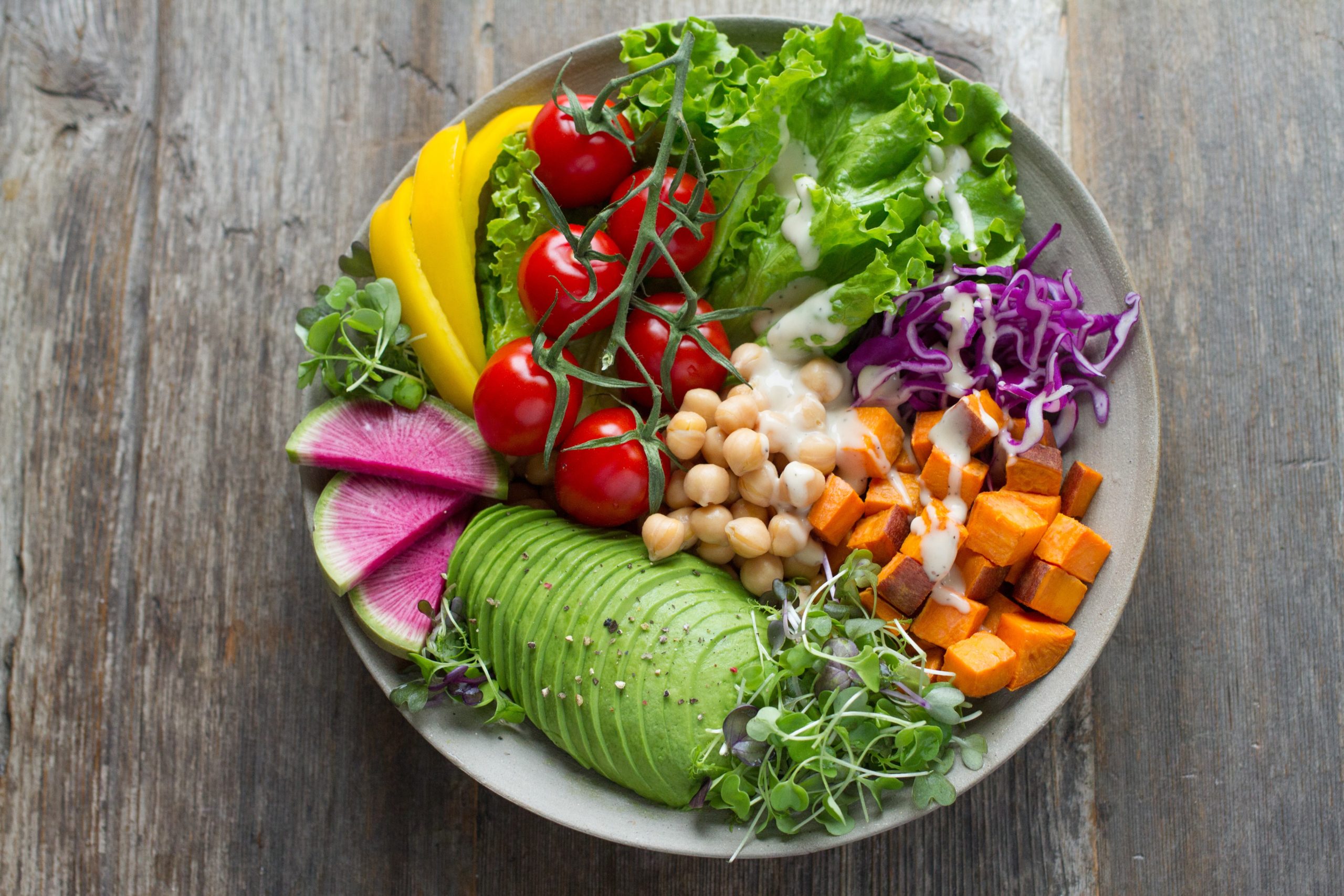Diet-Nutritional counseling is all about understanding the differences between what you eat and how much you eat and why it matters. The field of diet-nutritional counseling began in the United States in the early 1970s with the recognition that most people were becoming overweight or obese. In recent years, interest in diet-nutrition has increased significantly, with more people becoming aware of the impact that diet can have on their health.
In general, diet-nutrition is the total amount of food ingested by an animal or human being. This can be in the form of food eaten as part of a normal diet (food that is not processed), or food that is used as a direct source of nutrition (food that comes straight from the nature). Generally, this total amount of dietary intake equals the calories that are ingested. Most dietitians and nutritionists agree that the typical American diet contains too much junk food, too few fruits and vegetables, and too much saturated fats to meet a healthy minimum. On the other hand, a dietitian can help you create a diet that meets both your overall needs and a healthy lifestyle.
A good diet-nutrition counselor will help you determine which parts of your diet are healthy, and which need to be changed. Many people simply don’t realize that many packaged foods contain preservatives, artificial colors and flavors, or other ingredients that are not as healthy as whole, natural food. They may also overeat in large amounts, leading to weight gain. A good diet-nutrition counselor will help you make healthy choices that lead to lasting weight loss.
If you have been consuming less than the amount of food that you should be consuming for a number of years, you may have some difficulty adjusting to a new diet. A good diet-nutritionist can help you overcome these difficulties, because they understand the workings of the human body and how changes in diet affect nutrition. Your counselor can show you how to make healthy choices and introduce you to foods that are closer to home, without replacing all of your favorites.
While making changes to your diet may seem like a daunting task, you can create a healthier diet by making small changes. For instance, if you often skip breakfast, try eating a healthy breakfast every morning. This will ensure that you are getting the proper amount of vitamins and nutrients before you begin the day. If you skip the morning meal, try to have a healthy snack before you hit the kitchen. Snacks that provide your body with protein, fiber, vitamins, minerals, and antioxidants are great options. You might also consider keeping an emergency supply of canned foods on hand, just in case your favorite food is out of stock at the grocery store.
Changing your diet is difficult, but it’s important for your health. When you make healthy choices, you’ll find that your cravings for sugar, fat, or carbohydrates will decrease, and you’ll feel more satisfied with your food. Even if you find that you are unable to stick to your new diet for any length of time, you’ll find that your body will reward you over time. With the right diet, you can lose weight and feel better without starving yourself.







